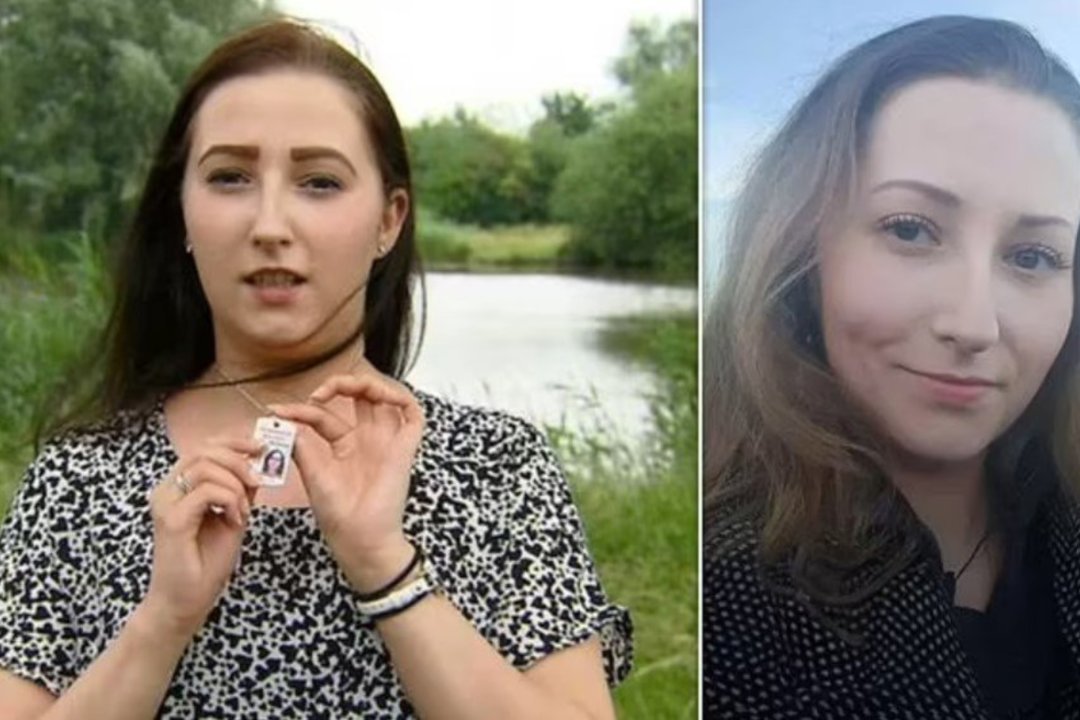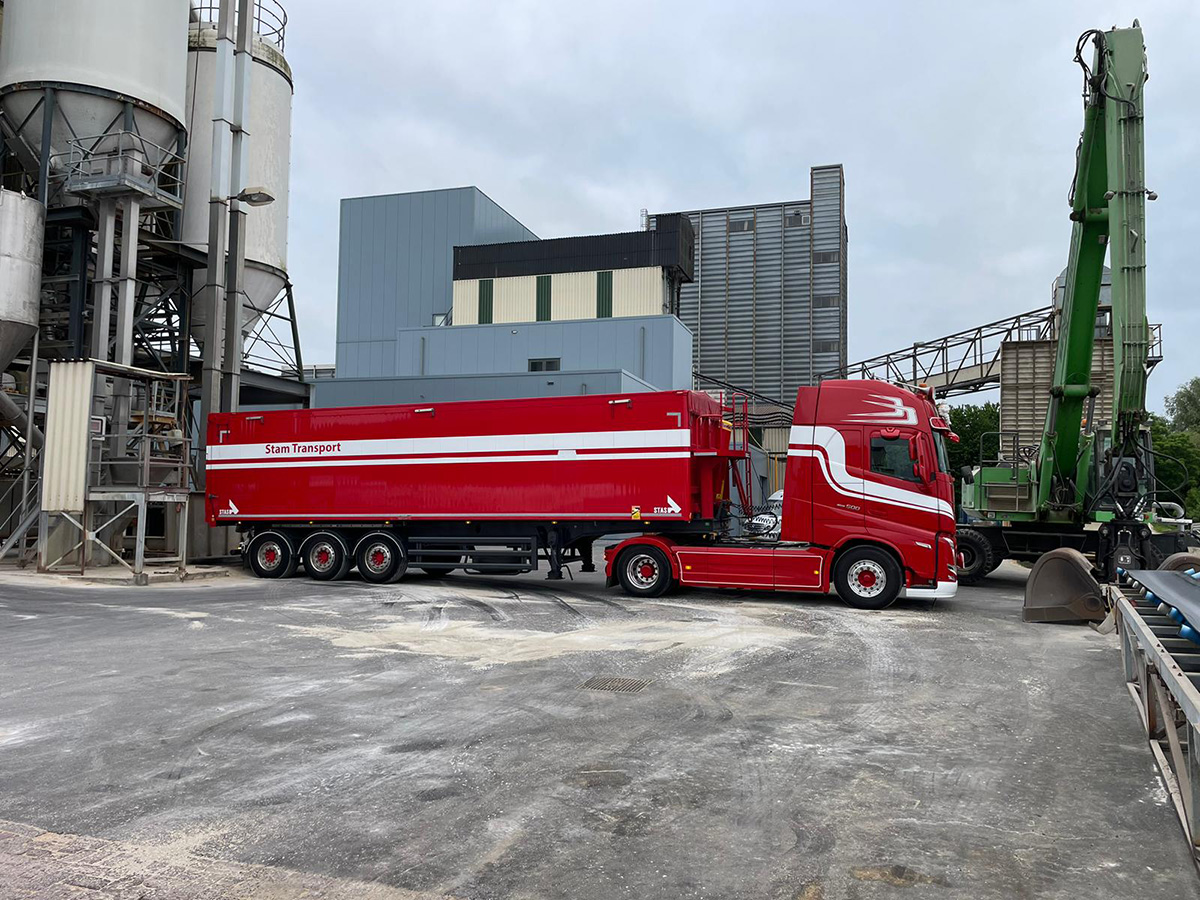#Derogation #permanent #grassland #recognition #Renure #averting #cold #remediation #entire #dairy #sector #Melkvee.nl
‘The balance has been taken out of the manure market, with the result that the entire Dutch dairy farming industry has ended up in an acute crisis due to the inability to place manure. The entire dairy sector is therefore heading for a cold restructuring’, say the interest groups of dairy farmers, the Dutch Dairy Organization and ZuivelNL, in a statement that they released today.
The Dutch dairy sector is facing a decisive period. In the coming weeks it should become clear whether the current manure crisis can be reversed. The phasing out of derogation, the introduction of buffer strips and the designation of NV areas result in a major loss of space for placing animal manure.
Dairy sector provides solutions
The joint representatives (Dutch Dairymen Board (DDB), LTO Netherlands – Dairy Farming department, Dutch Agricultural Youth Contact (NAJK), Dutch Dairy Farmers’ Union (NMV), De Natuurweide, Netwerk GRONDig, Dutch Dairy Organization (NZO) and ZuivelNL) contribute four solutions that contribute to restoring balance on the fertilizer market in the short and long term.
Firstly, they propose immediately allowing derogation based on animal manure on permanent grassland. ‘Derogation has a major influence on the manure balance and is capable of restoring the manure market,’ say the advocates. This can be done by restoring the old derogation, pausing or setting up a new derogation. Specific interpretations have been proposed by land-based companies and organic dairy farming.
In addition, the organizations advocate revising the buffer strips along all waterways to a maximum of 0.5 meters.
The advocates also argue for the rapid recognition of Renure as a fertilizer substitute. Renure contributes to a better appreciation of animal manure and at the same time ensures broader applications of the manure. By allowing Renure livestock farmers to use less fertilizer.
Support voluntary quitters
Finally, the advocates ask the government to continue to focus on voluntary stop schemes to reduce manure production in the short term. ‘This offers room for those who stay and it is therefore important that there is a broader/new stopper scheme that is attractive to more companies. To further reduce manure production, consideration could also be given to increasing the percentage of skimming of phosphate rights in the event of transfer outside the family context,” the statement reads.
The speed at which the sector is losing placement space simply makes it impossible to comply (within the deadline) with the rules imposed by Brussels. Europe can hold the Netherlands to meeting targets and, in extreme cases, initiate a notice of default procedure. But no one can be held to the impossible.
‘A solution is now needed to remove the problems that dairy farmers have encountered,’ the joint organizations emphasize at the end of the press release.
Read the entire press release that the joint interest groups issued today below.
Decisive period for Dutch dairy farmers and the dairy industry
The Dutch dairy sector is facing a decisive period. In the coming weeks it should become clear whether the current manure crisis can be reversed. The phasing out of derogation, the introduction of buffer strips and the designation of NV areas result in a major loss of space for placing animal manure. The balance has been taken out of the manure market, with the result that the entire Dutch dairy farming industry has ended up in an acute crisis due to the inability to place manure. This means that the entire dairy sector is heading for a cold restructuring. The survival of a vital dairy chain in the Netherlands is in danger: Further development of the sector, contributing to social objectives and food supply is becoming impossible for farmers and dairy companies.
Given the exceptional circumstances and acute crisis situation, the dairy sector (represented by the interest groups of dairy farmers, the Dutch Dairy Organization and ZuivelNL*) is acting together. In recent weeks, the sector has submitted concrete ideas to the ministry that offer short- and long-term solutions. The Minister of Agriculture, Nature and Food Quality has acknowledged the analysis of the consequences of phasing out the derogation and is aware of the urgency of the problem. During this period, the minister is discussing with Brussels whether they are willing to cooperate on a package of measures to resolve the crisis.
Ambitious vision for the future
Dutch dairy farming is very aware of its responsibility. Therefore, recent is an ambitious one Vision for the future of dairy farming drawn up to give substance to:
• the assignment to contribute to food security as entrepreneurs.
• the social challenges surrounding nature, climate and how to produce with respect for the environmental space.
Dairy farming is a very diverse sector and has different business concepts and systems. From organic companies to high-tech and from very extensive to specialized intensive. This is a strength that must be used to be of maximum value to the Netherlands as a sector. In addition, our country is one of the fertile deltas in Europe and the Netherlands was granted a derogation in order to make an important contribution to food security.
Reduce fertilizer and make optimal use of animal manure
The phasing out of derogation gives the perverse incentive to have to use more fertilizer. And yet fertilizer production costs a lot of fossil energy and is harmful to the environment. Unlike artificial fertilizer, animal manure contains a wide range of nutrients and organic matter and fits into a natural and farm-specific cycle. Furthermore, research shows that the leaching of minerals from animal manure on grassland is more limited than when using artificial fertilizer. Animal manure is therefore more beneficial for the quality of groundwater and surface water. Reducing artificial fertilizer and making optimal use of animal manure for balanced fertilization is therefore a win-win situation. However, current policy completely ignores this and therefore does not contribute to improving water quality.
Concrete ideas for short and long term solutions
The organizations have submitted concrete ideas to the ministry for solutions that contribute to the balance of the fertilizer market in the short and long term.
1. Immediately permanent grassland derogation based on animal manure. Derogation has a major influence on the manure balance and is capable of restoring the manure market. This can be done by restoring the old derogation, pausing or setting up a new derogation. Specific interpretations have been proposed by land-based companies and organic dairy farming.
2. Revision of buffer strips for grassland plots along all water bodies, these will be a maximum of 0.5 meters.
3. Recognize RENURE as a fertilizer substitute. This means that animal manure can be valued even better, can be applied more widely and less fertilizer needs to be purchased.
4. Continue to focus on voluntary stop schemes to reduce manure production in the short term. This offers room for those who stay and it is therefore important that there is a broader/new stopper scheme that is attractive to more companies. To further reduce manure production, consideration could also be given to increasing the percentage of skimming of phosphate rights upon transfer outside the family context.
The speed at which the sector is losing placement space simply makes it impossible to comply (within the deadline) with the rules imposed by Brussels. Europe can hold the Netherlands to meeting targets and, in extreme cases, initiate a notice of default procedure. But no one can be held to the impossible.
A solution is now needed to remove the problems that dairy farmers have faced.






:strip_exif()/i/2005719970.jpeg?f=meta)


